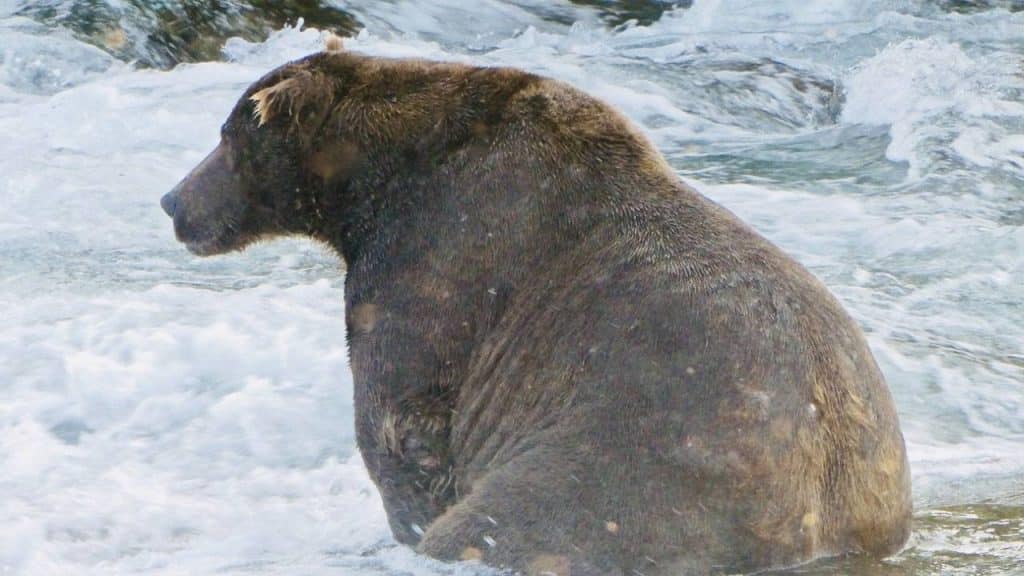
Plastic pollution causes serious harm to wildlife and the environment, and the true extent of its all-pervasive presence remains to be seen. But using this new model enables efficient filtering without clogging. The impact: Historically, wastewater treatment plants have struggled to prevent the passing of microplastics into the world’s water systems and oceans. Scientists emulated this to safely reject and capture tiny plastic pieces. The animals’ meticulously evolved system means that zooplankton and small fish, rays’ main food sources, are bounced away from the filter by minute swirling currents while water flows safely back out. scientists have modeled their new design on the angled lobes within rays’ mouths. Sieve-style filters can rapidly become clogged, reports the BBC, but U.S. The good news: The feeding habits of manta rays have inspired the creation of a new filtration system to capture microplastics. | Alexis Rosenfeld/Getty Scientists are fighting microplastics by studying manta rays (He’s around 25 years old and showed up late, but still managed to eat his way to victory in just seven weeks using his wealth of experience and superior fishing skills.) Manta rays’ unique biology is inspiring the fight against plastics. You can live stream the Katmai bears here, and learn more about 2021’s winner Otis here.


How you can help: Learn more about Katmai directly from the National Parks Service and donate to fund its invaluable work here, which supports countless other flora and fauna in addition to the park’s abundant salmon and thousands of brown bears. They aren’t endangered yet, but Alaskan brown bears could soon be at risk from a proposed gold and copper mine development. Did you know: Brown bears are important predators and also function as “management indicators” within their ecosystem at large, meaning that their success or struggle is a good measure of overall environmental health.


 0 kommentar(er)
0 kommentar(er)
